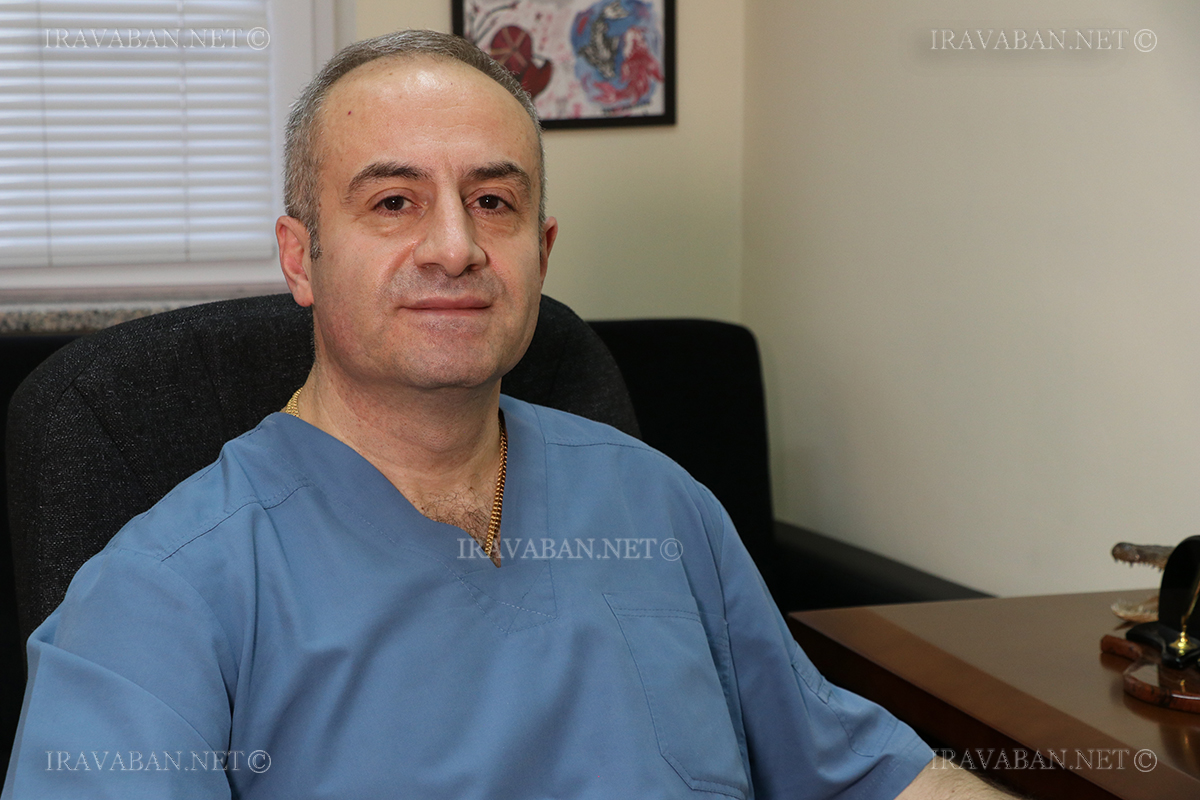Oncology services in Armenia are not at a sufficient level. The doctor-patient relationship is especially problematic, the lack of patients’ trust and hope in doctors, and one of the reasons for this is the deontological importance of ethics and the incomplete assessment of the importance of oncopsychology.
Khachatur Badalyan, Head of the Chair of Surgical Diseases and Modern Surgical Technologies of the National Institute of Health; Surgeon, Oncologist, Doctor of Medical Sciences, Professor was performed at «Izmirlian» Medical Center stated this in a conversation with Iravaban.net.
“Unfortunately, I encounter more formal, demonstrative approach and in everyday life, when we work, I see the attitude towards patients, how it is accepted to present the diagnosis, how it is accepted to discuss different situations related to the disease. I would not say that we have a corresponding level,” he says.
According to the professor, his goal, as a specialist, has always been to understand the patient, to explain, to speak in the language that the patient is waiting for.
“It is very important for the patient to have a certain idea about the disease, to be hopeful, to be filled with hope and faith in everything. Unfortunately, especially in the case of oncological diseases, when people discuss their disease with a doctor, they become more frustrated, lose faith and sometimes the disease, if there is a certain severity as a burden or an insoluble condition, becomes twice, three times heavier. But let’s change the approach․ The patient comes to the doctor to get hope, faith, direction during the treatment, help, and it turns out that the disappointment is greater, the hope is lost and the patient falls into more uncertainty,” Badalyan said.
Khachatur Badalyan also speaks about a medical error, noting that in case of a professional error, responsibility must be inevitable.
Details in the video















